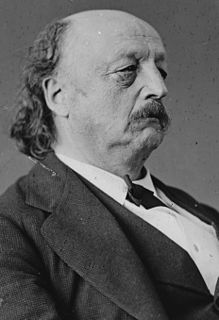 W
WThe 1884 Greenback Party National Convention assembled in English's Opera House in Indianapolis, Indiana. Delegates from 28 states and the District of Columbia were in attendance. The convention nominated Benjamin F. Butler for president over Party Chairman Jesse Harper on the first ballot. Absolom M. West was nominated unanimously for vice-president, and subsequently was also endorsed by the Anti-Monopoly Party.
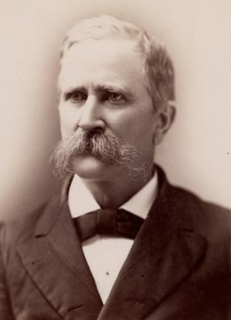 W
WThe 1884 Prohibition National Convention was a presidential nominating convention held at Lafayette Hall, in Pittsburgh, Pennsylvania from July 23–24, 1884, to select the Prohibition Party's presidential ticket for the 1884 presidential election.
 W
WThe 1884 Republican National Convention was a presidential nominating convention held at the Exposition Hall in Chicago, Illinois, on June 3–6, 1884. It resulted in the nomination of former House Speaker James G. Blaine from Maine for president and Senator John A. Logan of Illinois for vice president. The ticket lost in the election of 1884 to Democrats Grover Cleveland and Thomas A. Hendricks.
 W
WThe Berlin Conference of 1884–1885, also known as the Congo Conference or West Africa Conference, regulated European colonization and trade in Africa during the New Imperialism period and coincided with Germany's sudden emergence as an imperial power. The conference was organized by Otto von Bismarck, the first chancellor of Germany. Its outcome, the General Act of the Berlin Conference, can be seen as the formalisation of the Scramble for Africa, but some scholars of history warn against an overemphasis of its role in the colonial partitioning of Africa and draw attention to bilateral agreements concluded before and after the conference. The conference contributed to ushering in a period of heightened colonial activity by European powers, which eliminated or overrode most existing forms of African autonomy and self-governance. Of the fourteen countries being represented, five of them - Austria-Hungary, Denmark, the Netherlands, Sweden-Norway, and the United States – came home without any formal possessions in Africa.
 W
WThe Berlin Conference of 1884–1885, also known as the Congo Conference or West Africa Conference, regulated European colonization and trade in Africa during the New Imperialism period and coincided with Germany's sudden emergence as an imperial power. The conference was organized by Otto von Bismarck, the first chancellor of Germany. Its outcome, the General Act of the Berlin Conference, can be seen as the formalisation of the Scramble for Africa, but some scholars of history warn against an overemphasis of its role in the colonial partitioning of Africa and draw attention to bilateral agreements concluded before and after the conference. The conference contributed to ushering in a period of heightened colonial activity by European powers, which eliminated or overrode most existing forms of African autonomy and self-governance. Of the fourteen countries being represented, five of them - Austria-Hungary, Denmark, the Netherlands, Sweden-Norway, and the United States – came home without any formal possessions in Africa.
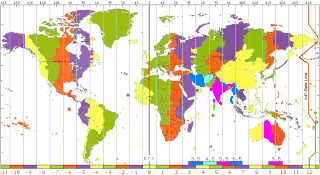 W
WThe International Meridian Conference was a conference held in October 1884 in Washington, D.C., in the United States, to determine a prime meridian for international use. The conference was held at the request of U.S. President Chester A. Arthur. The subject to discuss was the choice of "a meridian to be employed as a common zero of longitude and standard of time reckoning throughout the world". It resulted in the recommendation of the Greenwich Meridian as the international standard for zero degrees longitude.
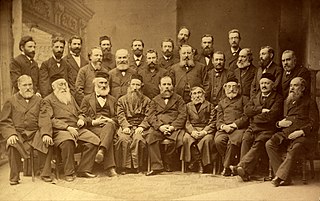 W
WThe Katowice Conference was a convention of Hovevei Zion groups from various countries held in Kattowitz, Germany in November, 1884. It was assembled to address the need of a Jewish state and to develop a plan for the creation of a Jewish state. The original date for the conference was chosen to coincide with the 100th anniversary of the birth of Moses Montefiore.
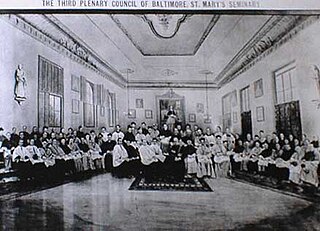 W
WThe Plenary Councils of Baltimore were three national meetings of Catholic bishops in the United States in 1852, 1866 and 1884 in Baltimore, Maryland.